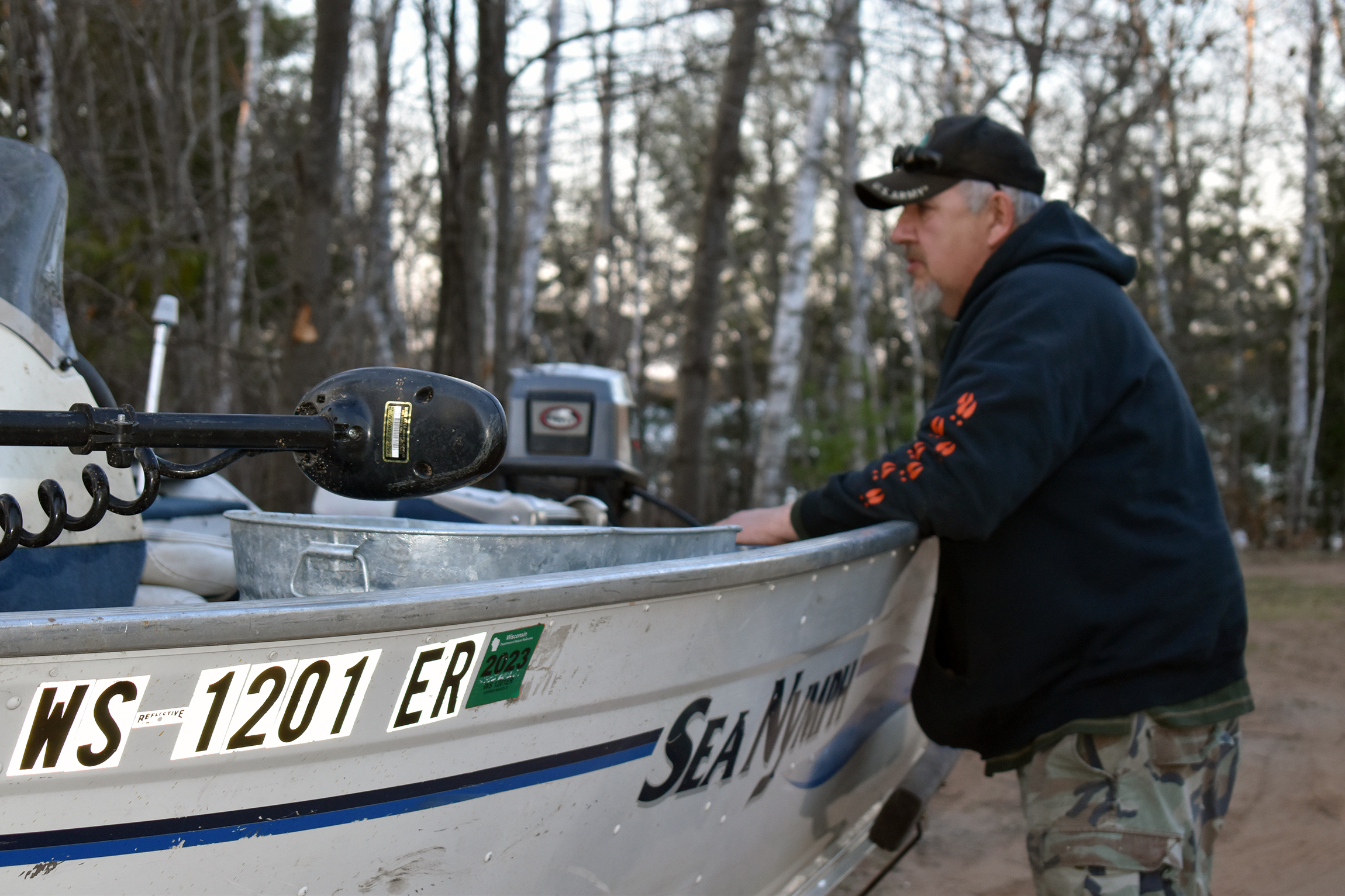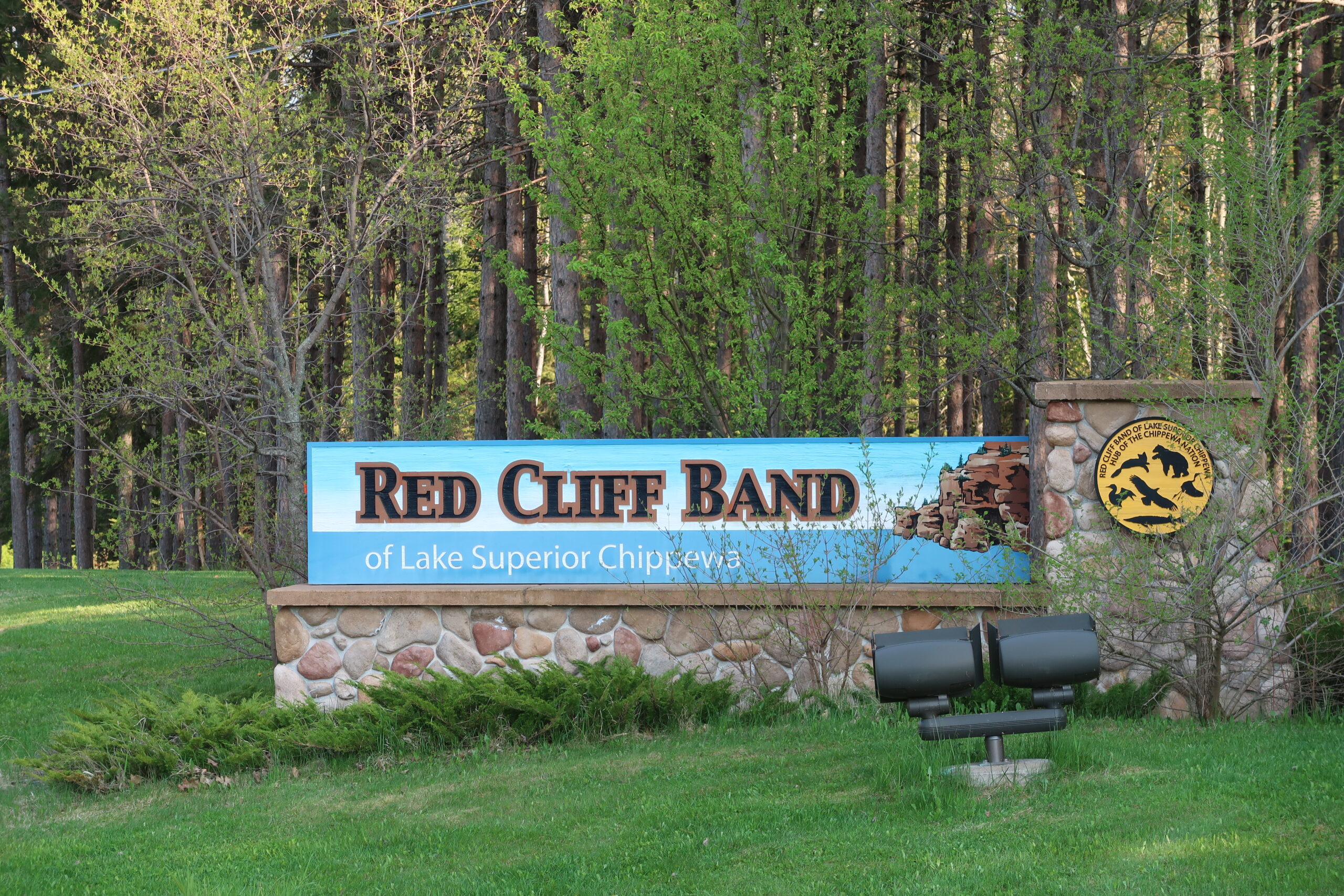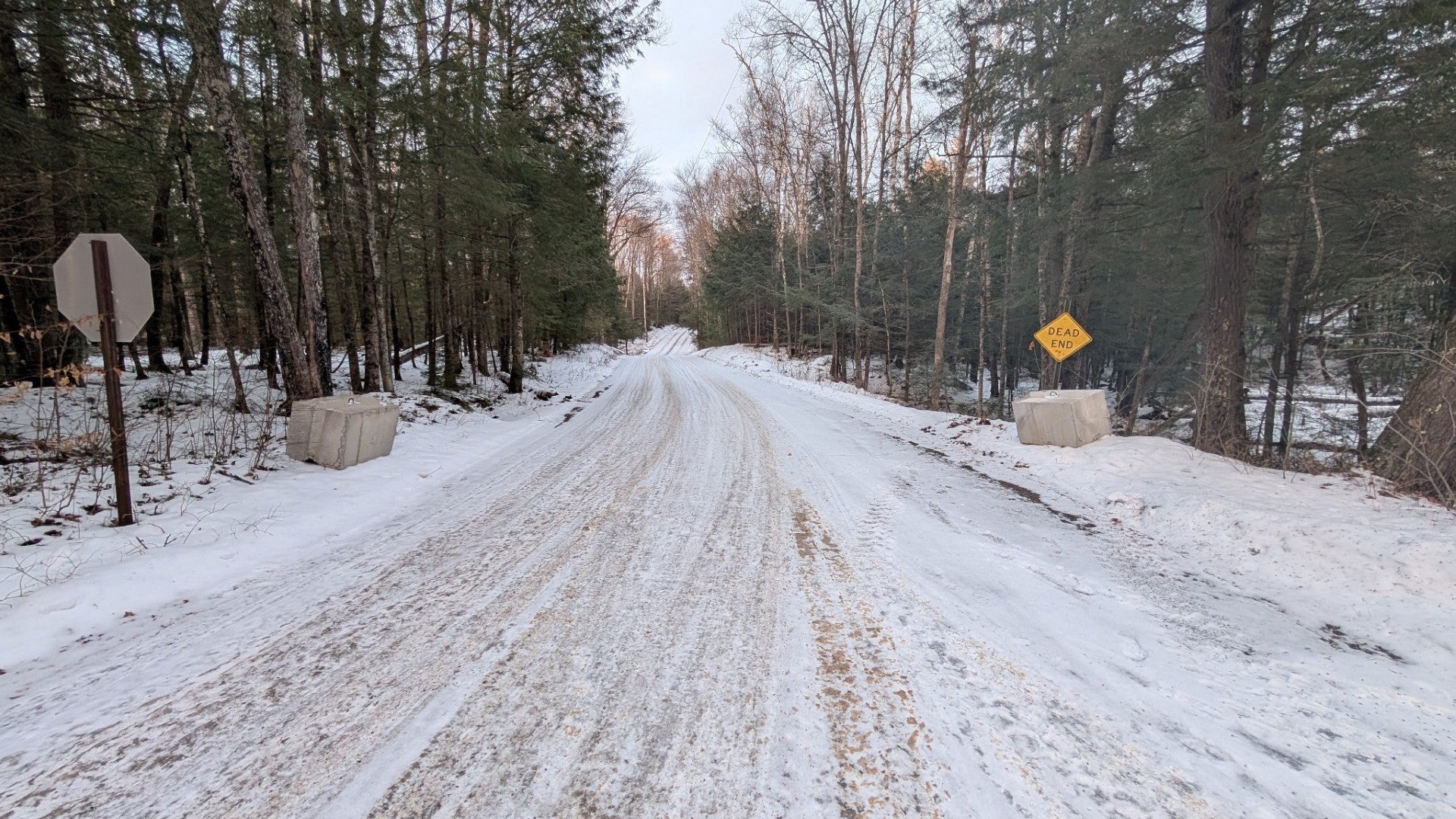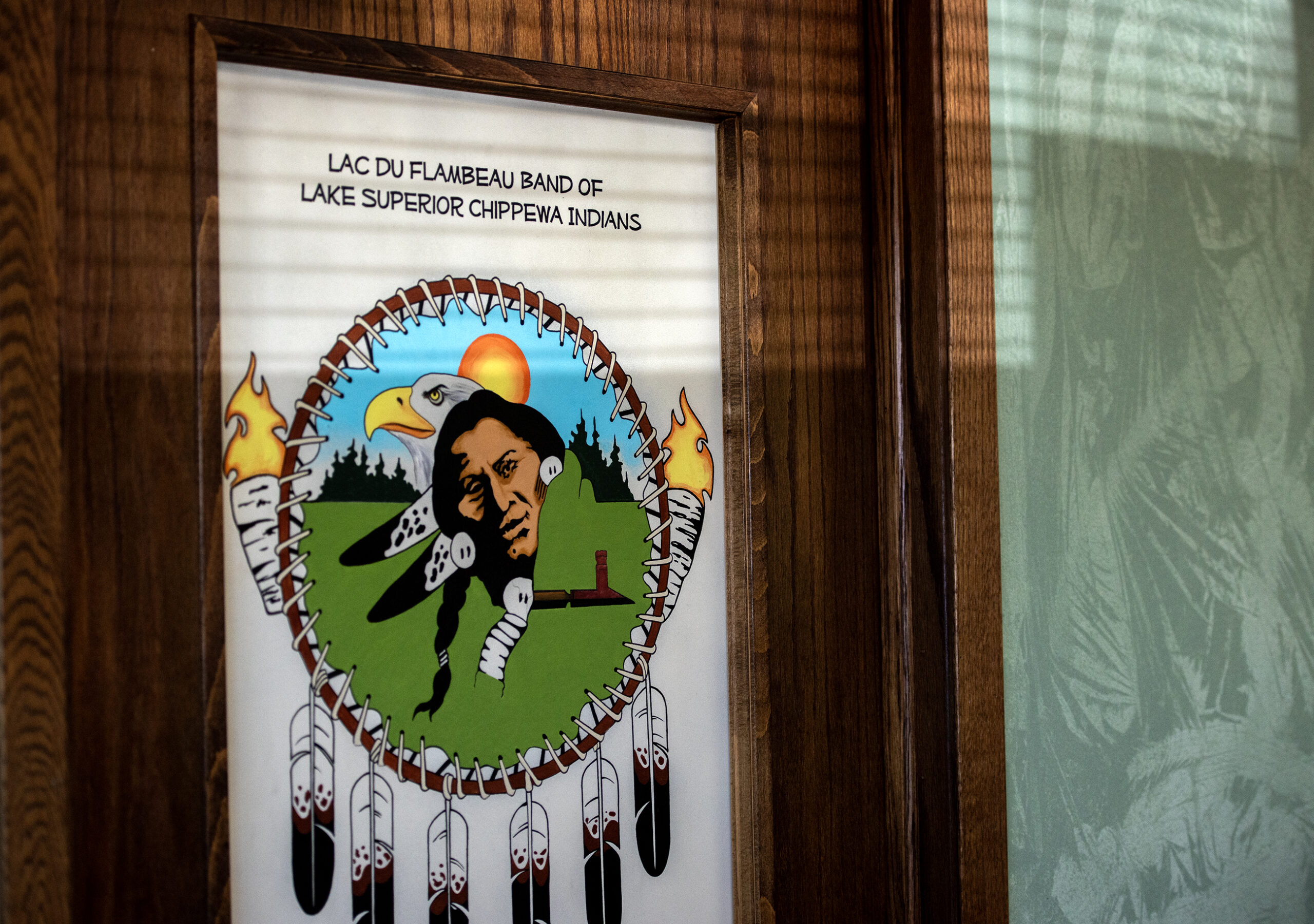Wisconsin can’t force tribal members to pay property taxes on reservation lands as part of a recent federal appeals court ruling that involves four northern Wisconsin tribes. The decision is a victory for tribes while the state is reviewing next steps in the case.
A federal appeals court panel ruled last week that the state can’t tax tribal landowners on reservation lands that have changed hands without approval from Congress. The decision stems from a lawsuit filed by four tribes in 2018 against Republican former Gov. Scott Walker, the state and around a dozen towns over taxation of lands on their reservations. The case was brought by the Red Cliff, Bad River, Lac du Flambeau and Lac Courte Oreilles tribes.
The tribes argued tribal lands owned by their members can’t be taxed because the 1854 treaty that established their reservations provided immunity from taxation for all time. The state maintained it could tax lands on reservations if they were ever sold by tribal members to non-tribal members, surrendering any immunity to taxation.
Stay informed on the latest news
Sign up for WPR’s email newsletter.
“A tax that falls on Indians on Indian land, however, is presumptively invalid unless Congress has authorized it in ‘unmistakably clear’ terms,” wrote U.S. Circuit Judge Michael Y. Scudder, Jr. in the decision.
Tribes said the ruling underscores their rights to govern their own lands.
“This is a reaffirmation of our sovereign right over our land, including the land our tribe has reacquired that was taken from our people since the 1854 Treaty,” said Lac Courte Oreilles Tribal Chairman Louis Taylor in a news release.

Lac du Flambeau Tribal President John D. Johnson, Sr. said his tribe sets aside around $1 million each year to buy back lands that have fallen out of tribal ownership.
“It’s a big milestone in our lives. But as we look in the future, too, the state’s going to have to recognize that we do have treaty rights and those treaty rights mean the world to us as Indigenous peoples,” Johnson told Wisconsin Public Radio. “Whether they like it or not, they still have to follow the federal rules that our reservations lie under.”
Bad River Tribal Chair Mike Wiggins told the Milwaukee Journal Sentinel that the tribe has spent more than $3 million to reacquire land on the reservation, adding at least 50 residents at Bad River could have been taxed otherwise.
Red Cliff Tribal Chairman Christopher Boyd said in a newsletter that the tribe has reclaimed around 1,500 acres of land in the last five years.
“(W)e’re working very hard to provide enough space for our tribal members to live and exercise their treaty rights. A tax on our lands would put all of that in jeopardy,” Boyd said.

The case that began under the Walker administration has stretched years into Democratic Gov. Tony Evers term. Since he was elected, Evers has taken multiple steps to bolster the state’s relationship with tribes. As governor, he issued an executive order that reaffirmed the sovereign authority tribal nations have over their members and lands in 2019.
The same year he also issued an executive order recognizing the state’s first Indigenous Peoples Day. Last year, Evers also apologized for the state’s role in supporting Indian boarding schools that sought to eliminate tribal culture and language among Native American children. He has also signed gaming amendments with tribes to allow sports betting at tribal casinos.
At an event marking the return of tribal lands, Evers told WPR he’s begun discussions with the state’s legal counsel about the appeals court ruling.
“Certainly appreciate the understanding of the appellate court. We reviewed it, but a final decision has not been made,” said Evers, when asked whether the state would appeal the ruling.
Matt Lehto is the chair of the town of White River, which is one of 11 towns tribes sued over taxation of reservation lands. He said the town is awaiting further guidance on the ruling.
An attorney for the towns declined to provide any statements until the state decides next steps in the case, saying the state has 90 days to decide whether to pursue an appeal to the U.S. Supreme Court.
Howard Bichler is a recently retired attorney who helped represent the Bad River tribe when the case was initially filed in federal trial court. He said the imposition of taxes on tribal members would have been a burden for those landowners, noting reservations have historically struggled with poverty and high unemployment rates.
If the ruling stands, Bichler said the state and towns would draw in less revenues through property taxes.
“Their coffers will be somewhat less,” said Bichler. “Depending on the amount and specific programs, they’ll likely have to find other sources of revenue for that.”
Bichler noted that many cases are not accepted for review by the U.S. Supreme Court. However, he said the court, which boasts a 6 to 3 conservative majority, may be more inclined to accept cases involving state rights.
“It’s a conservative court, and they might be looking for cases that bolster state powers,” Bichler said.
Wisconsin Public Radio, © Copyright 2025, Board of Regents of the University of Wisconsin System and Wisconsin Educational Communications Board.



